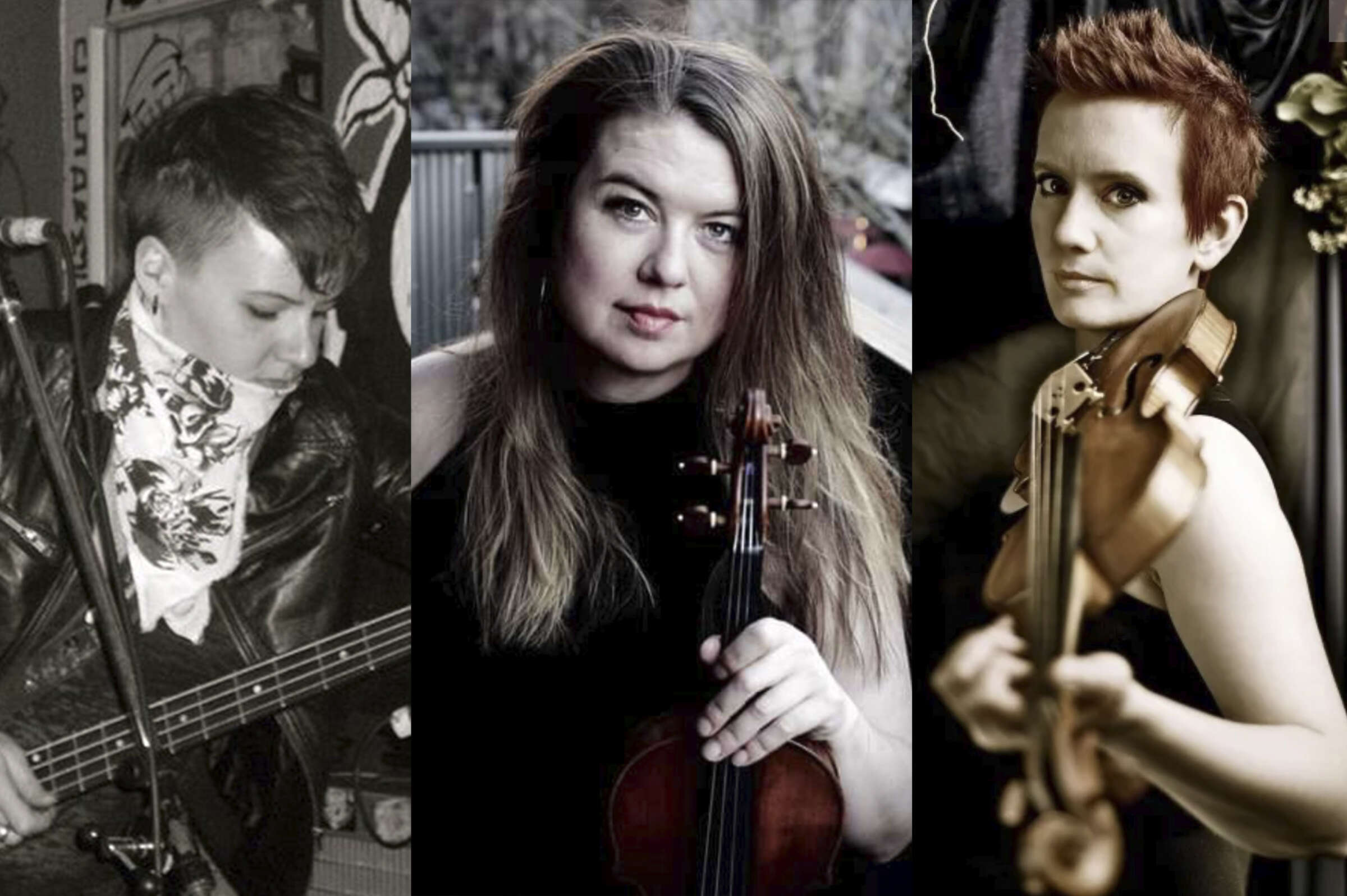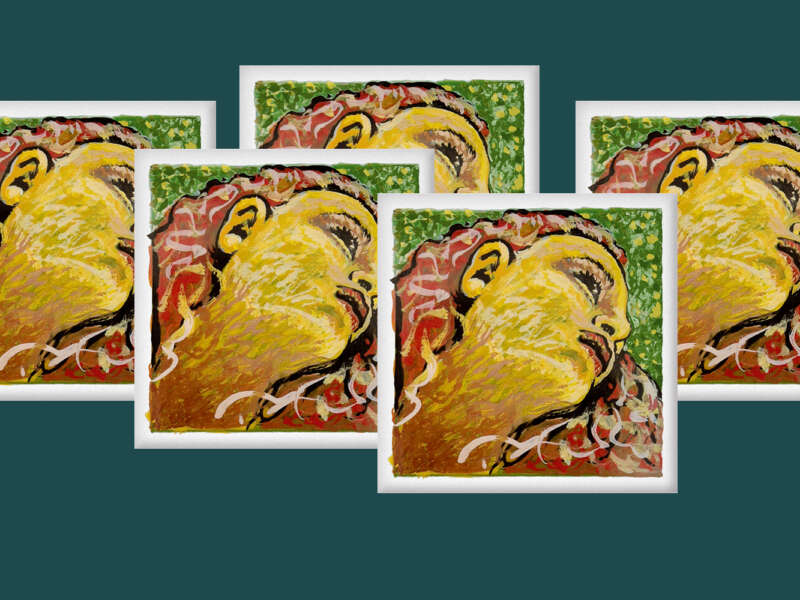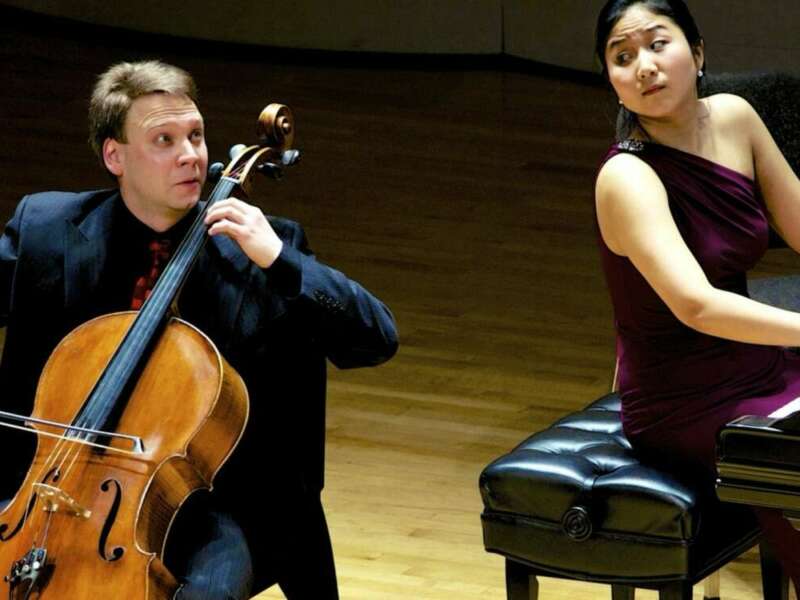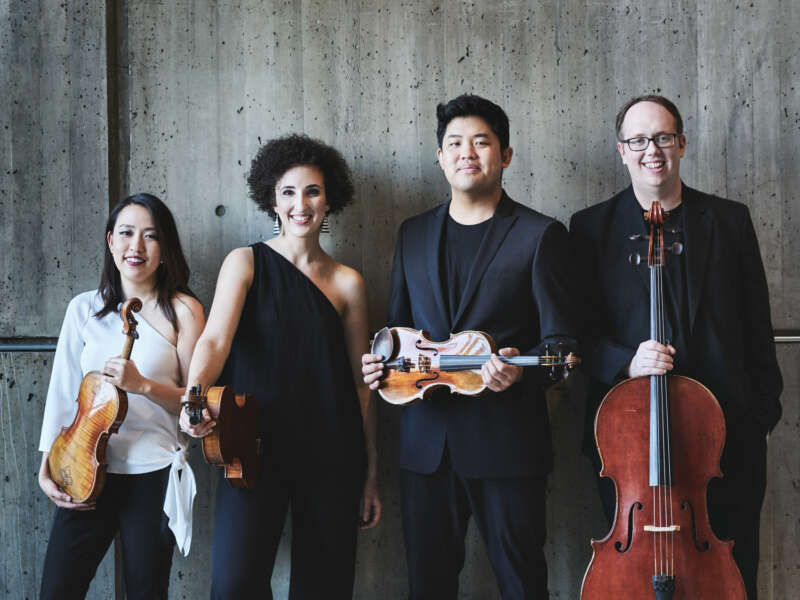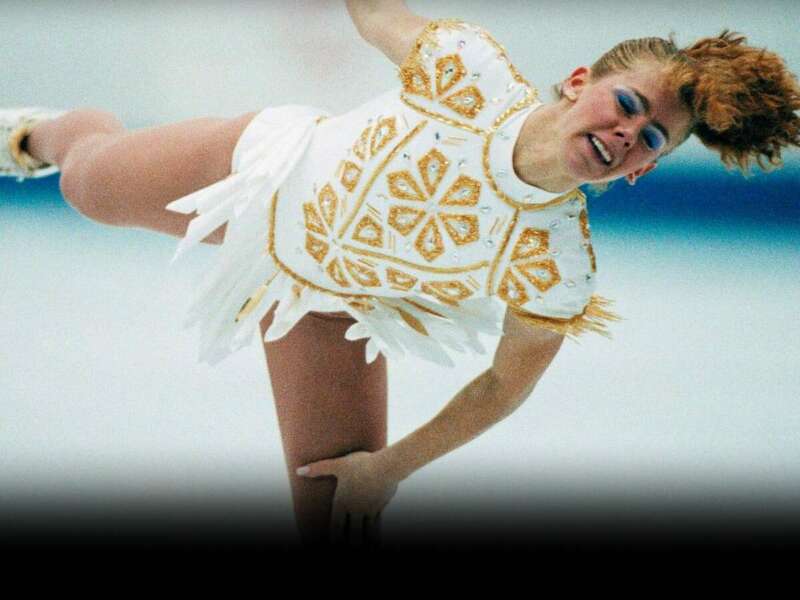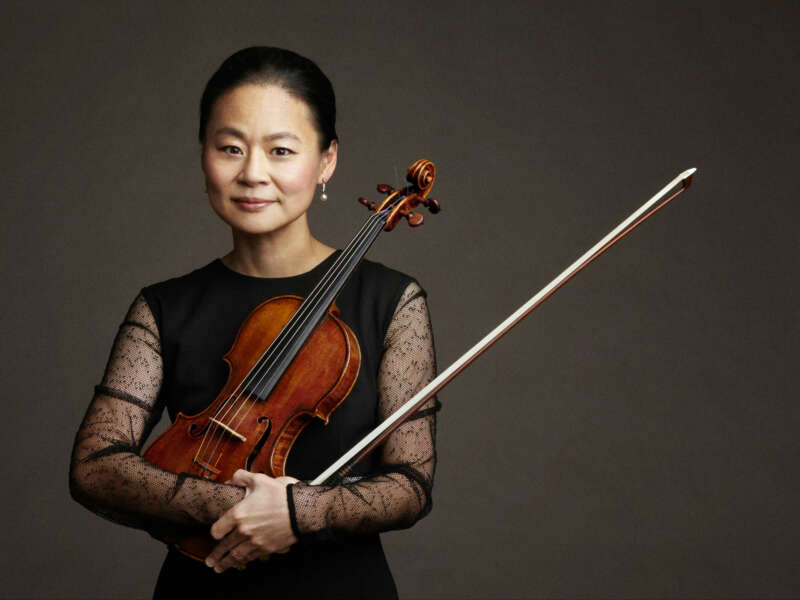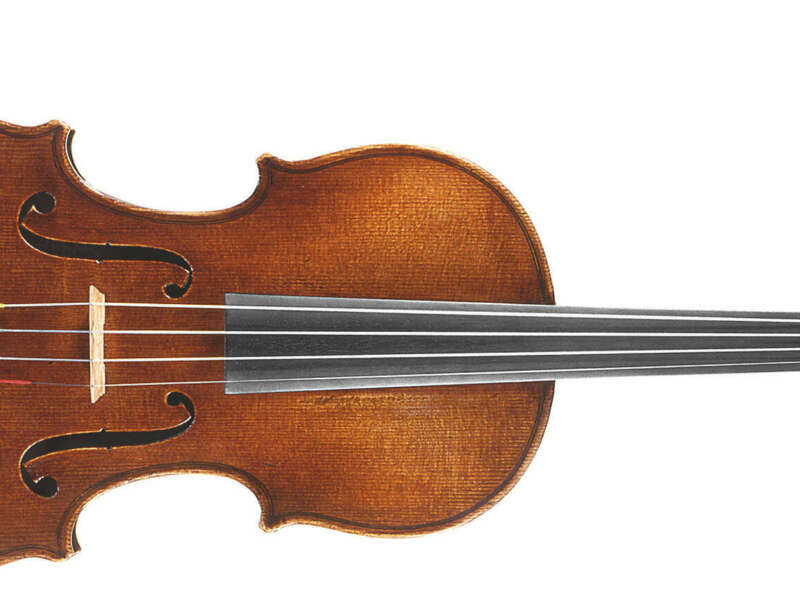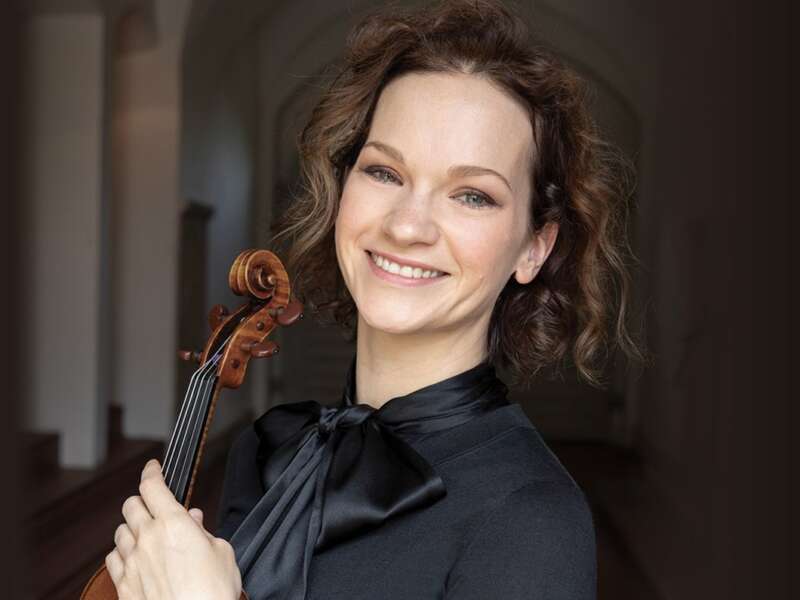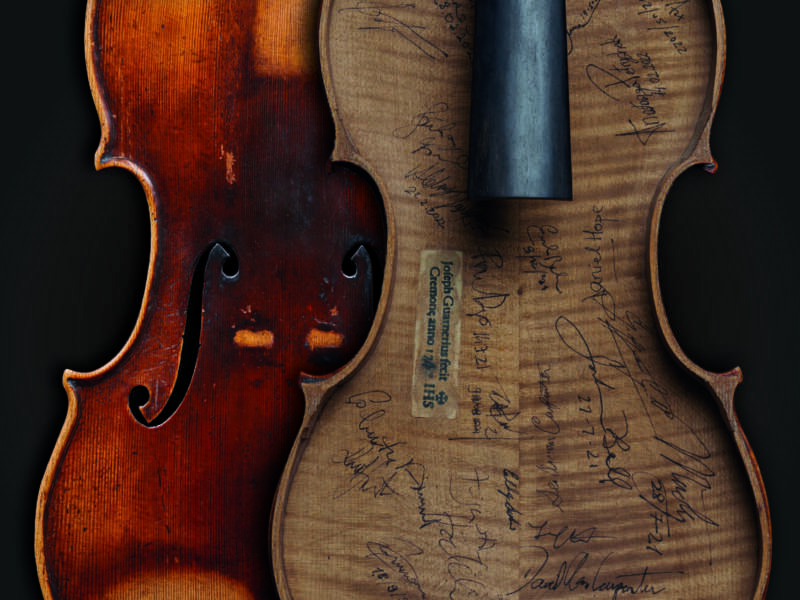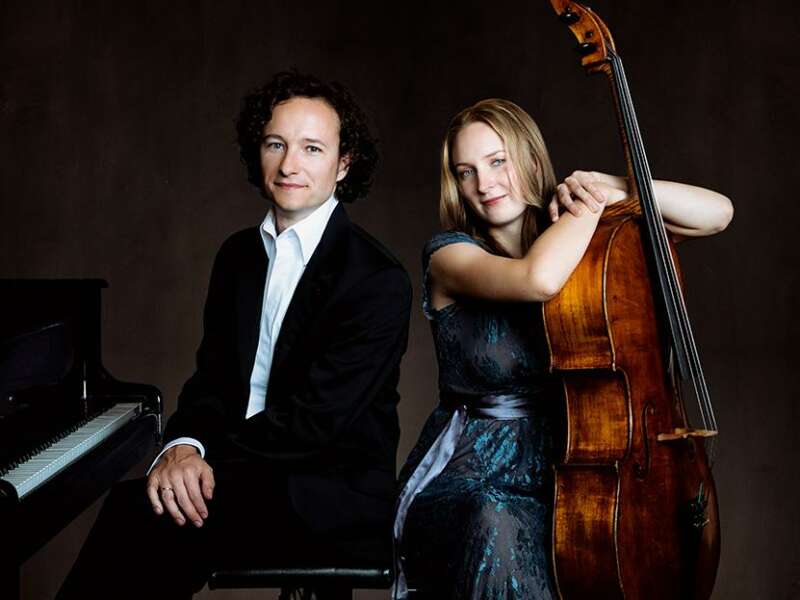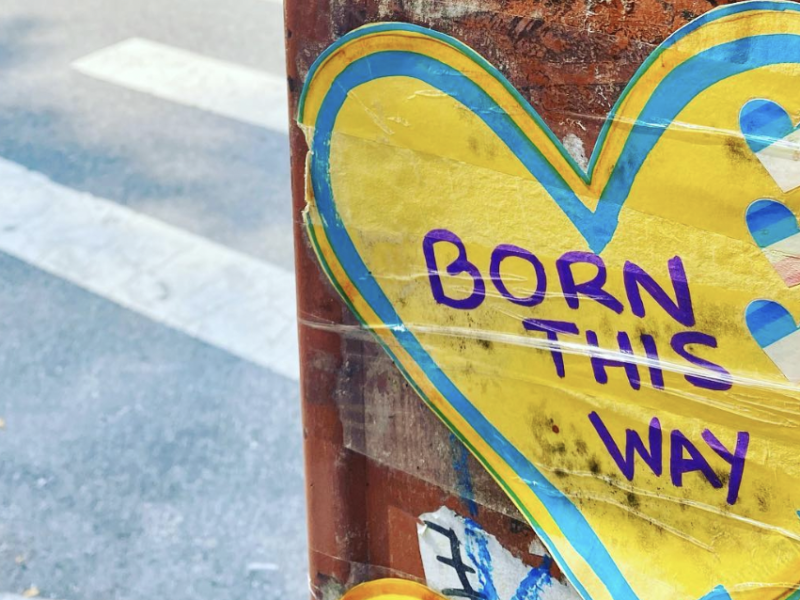An Inside Look at 3 Canadian Musicians in New York
Lara St. John, Aisslinn Nosky, and Adrienne Lloyd have made New York City their home
The Violin Channel recently caught up with Lara St. John, Aisslinn Nosky, and Adrienne Lloyd. We were curious to know how their time away from Canada in New York City has affected their careers and lives.
Violin Channel: All three of you are Canadian musicians living in New York City. Can you describe why you made the decision to live here, and what it is about New York City that makes you call it home?
Adrienne Lloyd: Since the very first time I visited New York, I’ve wanted to live here. It sounds like a romantic exaggeration or something, but I honestly believe I live in the cultural capital of the world. It’s actually hard for me to imagine the same kind of opportunities for musicians of all genres existing anywhere else.
Lara St John: I always knew, even as a child, that all roads lead to New York. I was close by in Philadelphia for a few difficult years in the 80s yet I always saw it as the city of cities. I had to leave the general area for a few years when I was 17 (Soviet Union, England) and then came back at 20. Nothing else made sense at that time, and I’ve had my home base here ever since!
Aisslinn Nosky: I was born in the town of Nanaimo on Vancouver Island, on the west coast of Canada. I think, because of that, I have always been fascinated by Islands. Sometimes I joke, I’ve spent my life migrating towards the Island of Manhattan from my first island off the coast of Canada. I went to school in Toronto and managed to get my first orchestral jobs there (first with the Canadian Opera Company and later with Tafelmusik Baroque Orchestra). For over twenty years I made Toronto my home and had many wonderful experiences there. During those years I had many opportunities to visit New York CIty and eventually I started to feel a really strong pull towards New York to pursue further professional opportunities. I moved here in 2017 and I am loving every minute of it.
VC: Particularly since the Russo-Ukranian war, there have been many conversations in the performing arts around how people’s ethnic and national identities are tied to who they are, and how they express themselves as artists.
How do your Canadian identities inform and impact who you are as performers? Are there any tensions or conflicts that come up being a performer “from abroad”?
AN: I am extremely proud of being Canadian. I am very aware that my early training in music was afforded to me because of having had the good fortune to be born in a very special part of the world. The excellent training and opportunities I received growing up in the great white north have always motivated me to try to be the best ambassador for Canada possible, no matter where in the world I am performing.
LSJ: I still identify as very Canadian. Although I am now a dual citizen, and I certainly appreciate being able to vote in my adopted country, I represent Canada wherever I go, and I’m proud to do so. I’m also recently a member of the Order of Canada - imagine that!
AL: I think growing up, musically speaking, and playing as part of a great community in Toronto very much influenced my identity as a musician here. I also think the rise of Toronto indie-labels helped me realize the importance of exposure in the US market.
There was some incredible and important music happening around me when I last lived in Toronto, with major superstars like Drake and The Weeknd just starting their music careers on the Toronto scene. But I think the depth of Toronto’s music scene at that time can also be seen with bands like Death From Above 1979, Metric, Austra and the whole community around Broken Social Scene..
There is a great pride that comes with being a Canadian musician, both in the US and overseas. Somebody once told me there are no greater ambassadors of Canada than those that live abroad, and I think Canadian musicians are no exception.
VC: How do you find the musical institutions, such as orchestras and festivals, different between the two countries?
LSJ: I once wrote a post begging the Canadian government to take a page out of the American idea of philanthropy. In the US, donations to the arts are always nearly or completely tax-free, creating a huge incentive for giving to one’s favourite art form. In Canada they still tax donations to orchestras or festivals, so the idea is: well, I pay higher taxes for everything (true) so why should I give this orchestra money when half goes to the government? Let them take care of it.
Which it does to an extent. The Canada Council, which serves a population of 33 million people, is roughly the same as the NE for 330 million. However, take a look at, say, the NY Philharmonic program (donors start at 1M USD) and the more or less equivalent - the Toronto Symphony, where even corporate donors start at just 50K Canadian.
Canadians cannot learn philanthropy without incentive, and I’ve been saying it for years. I also wouldn’t give my money to a treasured institution if I knew they were only going to get half. In this case I feel like Canada gets it a bit wrong.
AL: I definitely agree with Lara on this topic. When I was living in Canada, I was fortunate to be the recipient of many grants provided on a federal and provincial level for musicians, but I totally agree with Lara in that Canadians need to reevaluate their systems of philanthropy. In Canada, a real dependency on the government for supporting artists exists, but I think all arts organizations can learn from the US model that utilizes multiple systems of funding, like private funding, government support, and endowments.
VC: The COVID-19 pandemic had a devastating impact on America’s arts sector, and the National Endowment for the Arts reports that the overall unemployment rate for artists is still twice what it was pre-pandemic.
How did you spend your time during the pandemic? What is the impact, negative and positive, that you are seeing on the projects you are involved with?
LSJ: I created a piano-free chamber music series for six months from January to June 2021 which would never have happened without Covid, but it worked because of a great space which became empty, and some fund-raising to help artists in tough times. We had amazing groups and artists, like the Imani Winds, Brentano Quartet, Xavier Foley, Ulysses Quartet, Augustin Hadelich, PubliQuartet, Sybarite5 and more. I also recorded a new album of solo violin works in that space (she/her/hers)
I somehow also decided to learn Cuban foot percussion, which absolutely would not have been a thing sans Covid. But now, I can clave and cascara with my feet and simultaneously play violin. I’m inordinately wackily proud of that.
AN: It was extremely busy pre-pandemic for me with lots of travel and concerts. The shut down of NYC for the pandemic afforded me the unexpected opportunity to spend an entire year in my neighbourhood on the upper west side. I had the opportunity to see the four seasons of New York in Riverside Park. I also spent a lot of time during the pandemic making digital content for and with the Handel and Haydn Society in Boston. Another unexpected bright side of having to cancel live performances was that I was able to find more time to connect with patrons and donors. Of course it was from a distance! But, having the time for more long form conversations was really interesting for me. I always enjoy speaking to patrons but often at concerts, my performing duties prevent me from spending as much time as I want to with chatting with people.
AL: I had a similar experience to Aisslinn where the time just before the pandemic felt incredibly busy, and then in March of 2020 as New York City went on total lock down, it created an opportunity to shift that pace. I feel really fortunate to have been able to adapt in terms of teaching and collaborating with other musicians in new, online ways during that time, but I also found that period to be a really important time for me in terms of songwriting.
Once the lock-down in New York was lifted, I remember traveling to the venue where Lara held her chamber music series for a “socially-distanced” recording project she was working on for Child USA. It was the first time I had played music with other people in-person in months, and I can’t even describe how meaningful and important that moment was for me. In the past year I’ve had many gigs canceled or rescheduled because of Covid-related factors, but one thing that stands out above all these disappointments is how much people are craving and supporting live performances again. My sense, at least here in New York, is that there is an even greater appreciation for music and the contributions that musicians make.
VC: Aisslinn, you spent many years performing in Tafelmusik with the late great baroque violinist Jeanne Lamon, and later in October you’re returning to Toronto to lead the orchestra from the chair that Music Director Lamon held for 33 years.
What has been the role of mentorship, specifically female mentorship, in your careers? And do you currently consider yourself a mentor to other musicians?
AN: I did have the honor of working with the late, great Jeanne Lamon. Jeanne bestowed many gifts upon me, perhaps none bigger than quietly and confidently demonstrating strong, dynamic and caring leadership at every moment. Jeanne’s abilities were so great and so varied that it’s difficult for me to distill what was so special about working with and for her. But, one thing does stand out in my mind right now and I will say that Jeanne, in my opinion, always did her best to put the considerations of the music before anything else. The music came first. I always deeply respected her willingness to serve the music. I believe that’s one reason her performances were so dynamic and deeply meaningful. I could not be where I am today if not for great leaders like Jeanne Lamon.
VC: Adrienne, as someone who has been actively involved in both the classical and rock music communities, do you feel like you’ve seen a greater shift in representation in one genre over another?
AL: I once read that only 11% of professional double bass players are women. I’m sure there are many, many factors informing this statistical imbalance, but it is definitely true that I never had any female bass teachers as a child, and it was really rare to see a female bass player perform or on a recording.
I do believe in the importance of mentorship and take my teaching activities and songwriting collaborations with other female musicians incredibly seriously. This spring I’m recording an album for one of my groups with a female producer for the first time in my career. I can’t say for sure if there’s a greater shift in one particular genre of music, but I am happy and proud to be a part of any shift that creates more opportunities for young women to feel like they can be leaders in all areas and levels of the music industry.
VC: A recent study by the Donne Foundation looking at the world’s top orchestras found that only 5% of the music programmed in their concerts is composed by women. In great contrast to this data, Lara, your most upcoming album she/her/hers for solo violin features music entirely by female composers.
As women in the music industry, what do you think needs to happen to make a meaningful and lasting change that ensures an equality of access for future female performers, composers, and leaders?
AN: I think that we need to make sure that women are as fully supported as possible in their pursuit of a career in music. I specialize in 18th and 19th century music and so during the pandemic I spent time during the pandemic looking for composers from that time who may have been overlooked because of the societal limitations women experienced at that time. Lousie Farrenc, Jane Mary Guest and Marianna Martines are just a few names of composers who I think have been unjustly neglected in what we think of as the classical music canon and I am programming their music as much as possible. It’s been so interesting to get to know their music!
LSJ: And, I tend to go a bit RBG here - sure, my latest album is entirely by female composers, but I’ve done lots of albums entirely by male composers, and that was seen as not unusual, of course. We have precious few women composers from the supposed “height” of “European Art Music '' because they were actively discouraged from having ideas of their own at that time (and frankly, they still are, just less overtly). Therefore, my album is from the last 100 years or so, and they are mostly living composers, each one of which I felt confident and glad to represent. May they become far more numerous.
AL: I spent many years touring with an all-female band, and it always felt a bit surprising to people, especially other music industry types, that we were not just a female-fronted group, but also running the business side of our band, playing our instruments, writing our own songs, carrying our own gear, and driving ourselves from city to city.
Lara is the owner of her own record label, Ancalagon Records, and Aisslinn leads ensembles around the world, but this still feels pretty exceptional to me. I think we have a long way to go in terms of gender equality at the top levels of the music industry, but I am incredibly proud to be in the company of performers like Aisslinn and Lara who are making real change in terms of visibility and opportunities for women.
july 2025
august 2025


